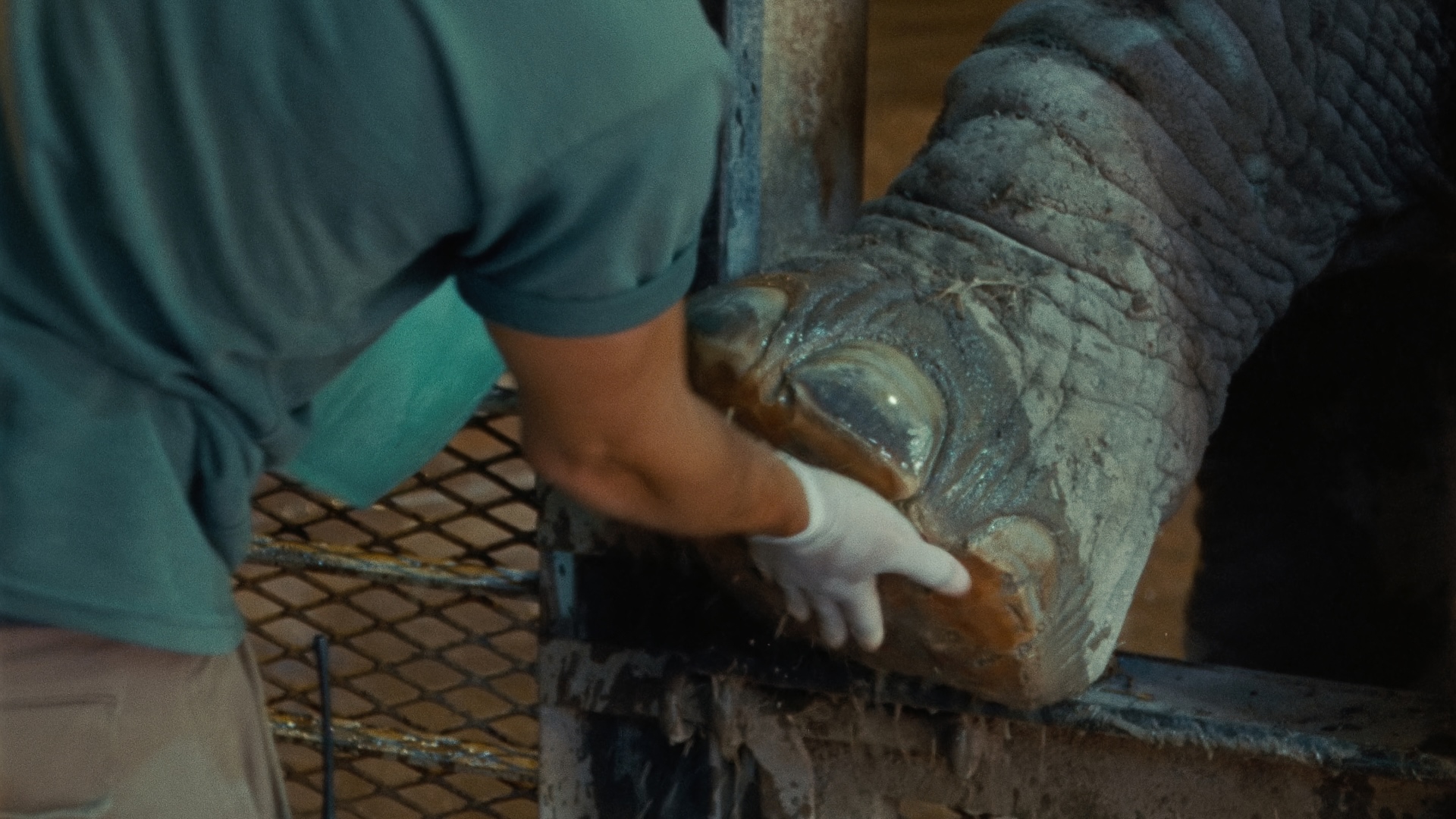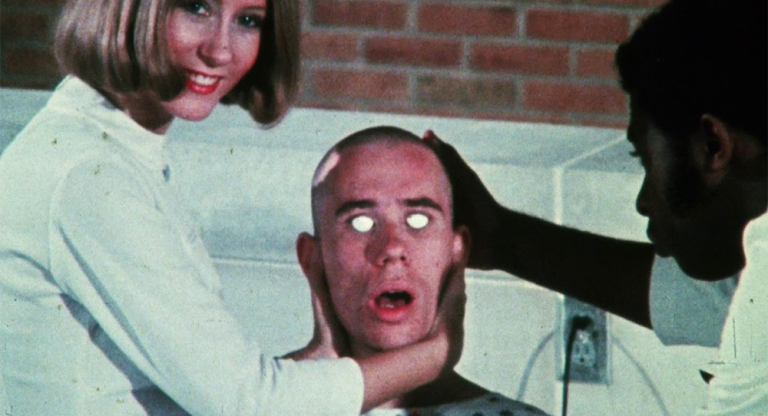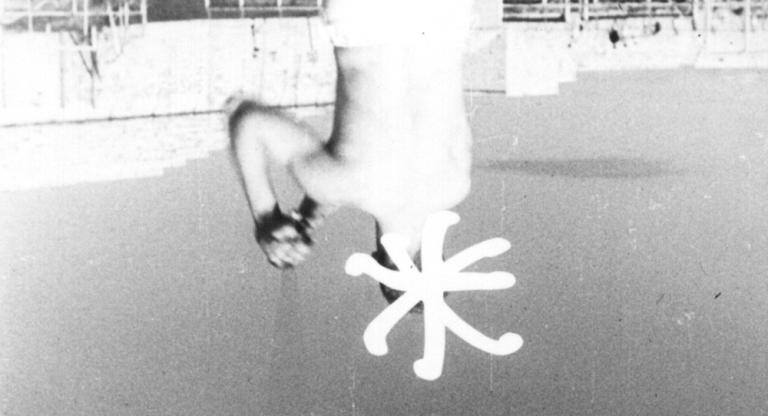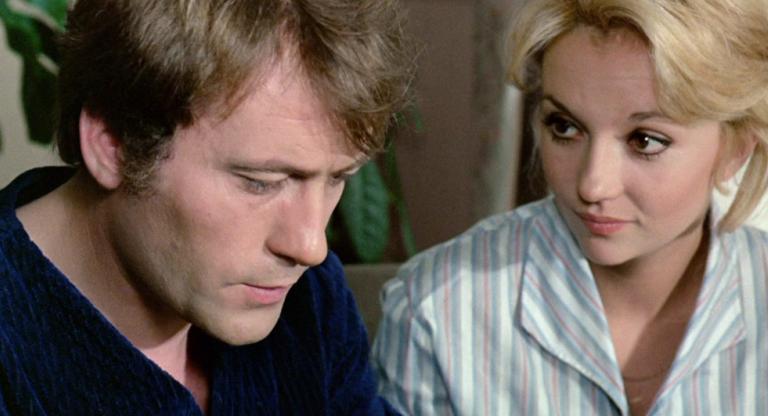Observing animals in the zoo is inherently cinematic. Cages become frames presenting creatures that have often been transported from far-off places so that visitors can observe them face-to-face. The contemporaneity between the invention of the moving image camera and projected images, and what we now understand as the modern zoo (which we can trace back to the opening of the Ménagerie du Jardin des Plantes in Paris in 1793), is no coincidence. Both forms of exhibition follow from the same principles of The Enlightenment being understood and disseminated in a mechanical age. In fact, animals and the natural world were key parts of early cinema, as seen in the work of Eadweard Muybridge, F. Martin Duncan, and F. Percy Smith. These figures’ foundational moving image experiments and early nature documentaries offered both scientific inquiry and the novelty of seeing subjects up close that were in reality far away or foreclosed to the naked eye, as in the natural scenes and microscopic images of Duncan’s The Unseen World (1903). In short, the presentation of animals (free and in captivity) has historically had an educational dimension, as well as one that is founded in spectacle, echoing the dual nature of cinema itself. Jessica Sarah Rinland’s new documentary, Collective Monologue (2024), succeeds in doing something different altogether.
In Rinland’s film we get neither information—aside from some history on the Buenos Aires Eco-Park—nor spectacle. Instead, we get a simple, experiential meditation on animals and people together in real space. Collective Monologue’s main visual motif is a series of similar fragmented close-ups of human hands and animal hands, paws, talons, feet, and snouts, touching their surroundings and each other. We watch as monkeys grasp human hands, elephants retrieve food with their trunks, and parrots with their beaks, but we also watch as humans use their hands to open gates, clean animals, and do the feeding. It’s the moments of direct touch between species Rinland’s film patiently observes that communicate the most. There are no interviews, nor any real dramatic constructions outside of the interaction between captive animals and human caretakers. What we get to see is interaction at its purest and gentlest.
The place of human beings outside of the parks that we see is presented as somewhat absurd and abstract in Collective Monologue. The film opens and closes with fireworks being set off—perhaps the dumbest form of human entertainment—as one of the central human subjects enters and leaves the zoo, seeming to imply a sort of fruitless, irrational complexity to the world outside. Most of the human-to-human communication in the film—about practical matters pertaining to the animals—is heard in disembodied conversations that are presented to emphasize the difference between this type of connection and the close-ups we see of humans and animals physically touching.
Rinland’s film closes with a title-card ascribing a definition to its title. “Collective Monologue,” it details, is a concept proposed by the theorist Jean Piaget dealing with children’s inability to understand the thoughts of others. The text on-screen seems to trouble what has come before, forcing the viewer to question if what they observed was connection between species or a series of human projections. What was once a sweet and hopeful vision of—yes, human constructed—symbiosis is recast as something far more existentially radical, akin to the famous circus sequence in Robert Bresson’s Au hasard Balthazar (1966), in which the titular donkey observes his fellow creatures with an inscrutable blankness. It’s a fairly sobering turn for a film that seemed to be trading in radical simplicity rather than theoretical contextualization throughout. But perhaps, this intellectual overlay is simply a reflexive, human one. While what we have witnessed is a work of unclouded vérité filmmaking, we cannot escape our human tendency toward abstraction, and even though the viewer has observed something seemingly pure—a film filled with moments of touch perceived as genuine connections—once we leave the zoo the mind takes over and transforms our experience into understanding.
Collective Monologue screens July 17 - 23 at Anthology Film Archives. Director Jessica Sarah Rinland will be in attendance for a Q&A this evening moderated by Jem Cohen.



